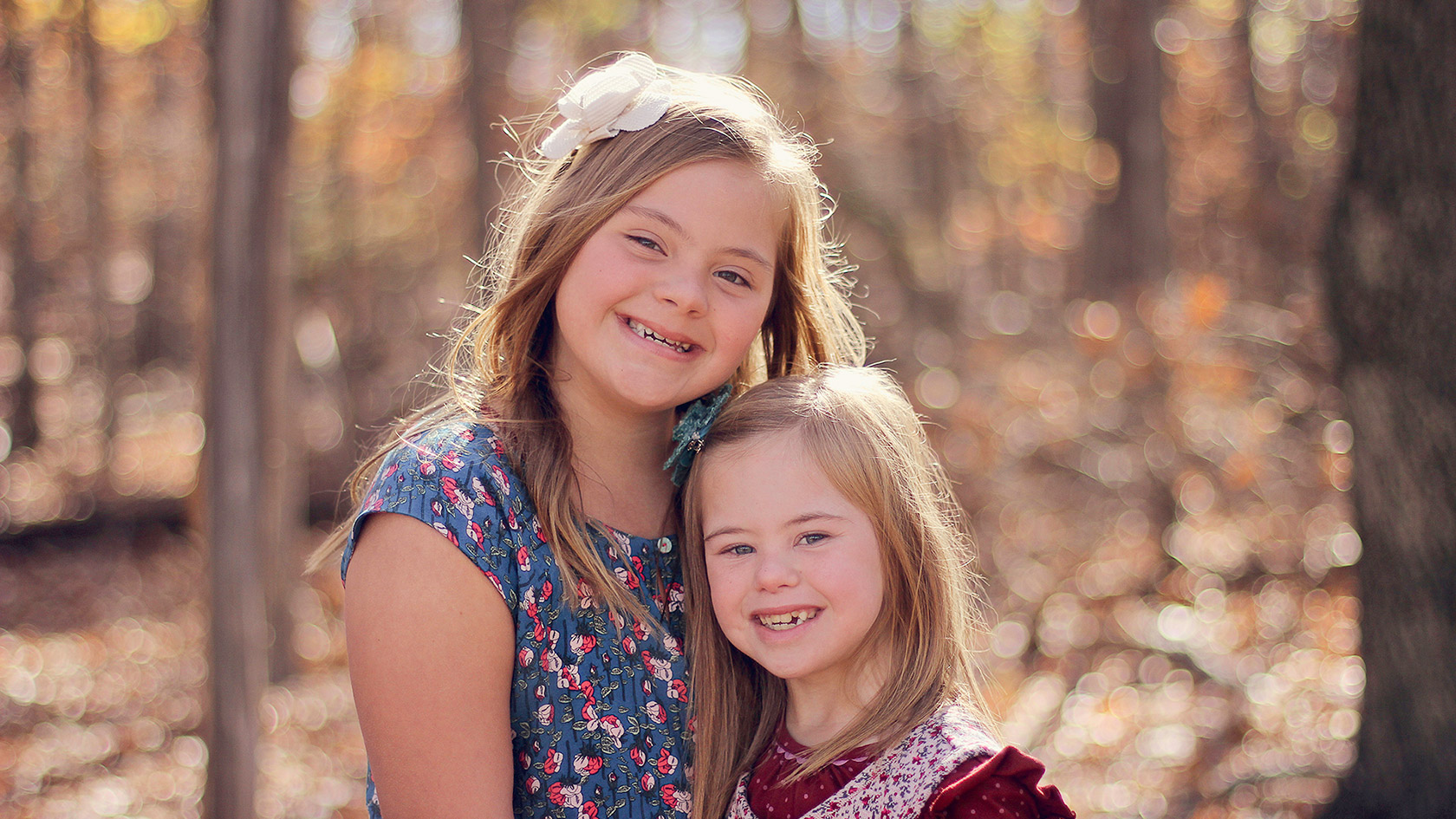
What is Down syndrome?
Down syndrome is a genetic condition. It’s not an illness or disease.
There are 3 types of Down syndrome.
| Trisomy 21 | Most people with Down syndrome have trisomy 21. This is when they are born with 3 copies of chromosome 21 in every cell (most people have only 2 copies). |
| Translocation Down syndrome | Some people with Down syndrome are born with part or all of the chromosome 21 attached (translocated) to another chromosome. |
| Mosaic Down syndrome | This is when only some of the person’s cells have an extra copy of chromosome 21. |
About 1 in every 1,100 babies born in Australia will have Down syndrome.
There are some health issues that are present for many people with Down syndrome.
What are the symptoms of Down syndrome?
Like everyone, people with Down syndrome vary in appearance. They have a range of personalities and abilities.
Everyone with Down syndrome has some cognitive impairment. This can vary from mild to severe.
What causes Down syndrome?
The cells of most people have 23 pairs of chromosomes. However, people with Down syndrome have an extra chromosome 21 in their cells. Having this extra chromosome happens by chance.
Doctors know how Down syndrome happens but they do not know why.
Living with Down syndrome
Many people with Down syndrome lead independent lives and are happy and healthy. Some have jobs and have very few support needs. People with Down syndrome also have friendships and relationships and lead fulfilling personal lives. However, they may need more support to help achieve the kind of life that most people take for granted.
How is Down syndrome diagnosed?
Down syndrome is usually diagnosed before birth. There are tests that can be done during your pregnancy to see if your baby has Down syndrome. To find out more about Down syndrome screening and diagnosis, visit Pregnancy, Birth and Baby.
How is Down syndrome treated?
A healthy diet and physical activity are important for everyone. This includes people with Down syndrome. If you have Down syndrome, you are more likely to:
- be overweight
- have low thyroid levels
- develop osteoporosis
Regular checks for health issues are important. This includes checks on your teeth.
Can Down syndrome be prevented?
Down syndrome does not happen because of anything you have done.
What are the complications of Down syndrome?
People with Down syndrome may have a higher chance of some health problems, such as:
- seeing
- hearing
- gut
- heart defects
- hypothyroidism
- problems with their bones
About 50% of people with Down syndrome have congenital heart disease. It’s recommended that all newborns with Down syndrome are checked by a paediatric cardiologist (a doctor who specialises in looking after the hearts of babies and children).
They may also have lower immunity. This means they may get sick more often especially in early childhood.
Everyone with Down syndrome has some degree of learning difficulty. They may need speech and language therapy to help them to speak clearly.


